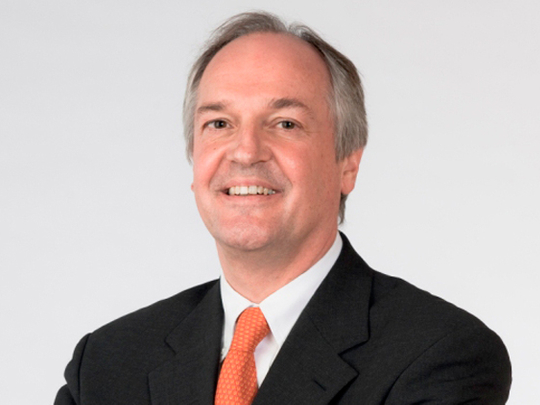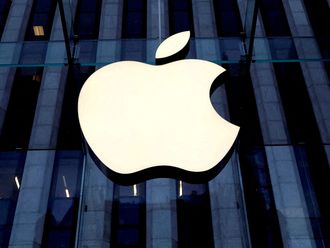
Dubai: With a new factory in Dubai and more regional factories to undergo expansion, Unilever, the world’s second largest consumer goods maker, is boosting its presence in the Middle East and North Africa (Mena).
Work on the new facility, which will produce personal care products, is expected to start in a few months, and is set to be completed in three years’ time. It will join the Lipton Jebel Ali factory.
Paul Polman, Unilever’s global chief executive, did not disclose the size of investments going into the new facility, except to say that ongoing investments in the region are between “€60-100 million” (Dh306-509 million).
“We are investing more [in the region] than what the company in total is investing,” he told reporters in Dubai on Thursday.
The other factories in Egypt and the Maghreb region that will be expanded produce savoury products and detergents, respectively.
The Anglo-Dutch company is home to brands that include Lipton, Knorr, Vaseline, Sunsilk and Lux. The company’s turnover in Mena stood at $1.9 billion last year. It has nine manufacturing facilities in Dubai, Saudi Arabia, Egypt, Morocco, Algeria and Tunisia, producing home care and personal care products, and tea. It employs 4,600 people in the region.
Emerging markets account for the bulk of Unilever’s growth. Polman said that “nearly 60 per cent of [Unilever’s business] is in the emerging markets.”
He said that in “the next 15-20 years, 10-15 per cent of the company’s growth can come from this region.”
“With our ambitions in the company, 80 per cent or 85 per cent of the growth will come from the emerging markets,” he added.
Focus on global brands
On why Unilever has been selling its food brands over the last year, Polman said that it wants to focus on brands that can stretch across different markets.
“We focus on the brands and categories that we can run globally,” he said, adding that the company’s strategies must be adjusted by region.
“What we have been selling were smaller brands that are not global,” he said. Unilever’s food business is worth €20 billion.
Last year, the company agreed to sell its peanut butter brand Skippy to Hormel Foods for $700 million, and its Wish-Bone and Western dressings to Pinnacle Foods for $580 million. More recently, Unilever sold Peperami, a sausage snack, to US-based Jack Link’s.
Counterfeit products
The consumption of knockoff products has been on the rise in recent years. Over 90 per cent of Unilever’s products are counterfeited, with home and personal care products topping the list.
“Counterfeit products can cause severe consequences on the health of the person who uses them and in some cases their usage and consumption could be life threatening and fatal,” Arijit Ghose, managing director of Unilever Gulf, told Gulf News previously.
According to Polman, the company “picked up over €70 million worth of [counterfeit] products” last year.












